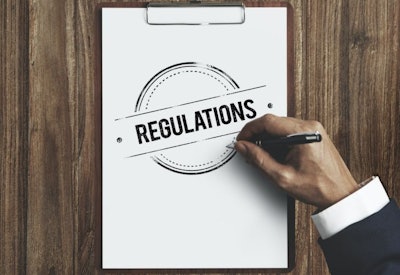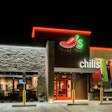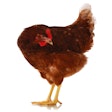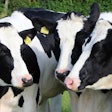
Deontology, as a part of ethics, is defined as the moral obligation governing a professional activity. So, this time I am going to refer to deontology in the poultry industry.
A few days ago, I became aware of the existence of an independent body of the Spanish advertising industry called Autocontrol (Association for the Self-Regulation of Commercial Communication). Its goal is to work for responsible advertising practices that are truthful, honest, legal, and loyal.
This body is based on three main components: codes of conduct, advertising jury (extra judicial body) and legal advice for companies. In addition to processing claims, it advises companies and provide training.
Given the closures of poultry plants in the United States and a few in Latin America, and the demands that some are suffering, I asked myself whether the industry could self-regulate. It is not a question of skipping or setting aside the official regulations of ministries and food safety services, but of anticipating and supplementing them.
I took some interesting points from this Spanish initiative. Self-regulation is a responsibility commitment to comply with rules, which provides a guarantee of trust. First of all, it benefits the consumer (domestic and of exports), obtaining a guaranteed safe product. Secondly, the worker would have a guarantee to work in a safe and healthy place and will keep his/her job. And third, it increases companies’ trust and reputation, and preserves business.
Autocontrol is the first private agency accredited as an alternative dispute resolution entity by the Spanish government. This, among other things, provides a positive perception with regulators and the public administration, as they complement legal regulations and shows itself as an alternative mechanism for resolving complaints. I think that authorities and customers would see as a positive thing if poultry companies control themselves.
The industry already has a lot of self-control systems and means: Sanitation SOP, HACCP, ISO, but - obviously - we still have nothing for COVID-19. There are initiatives, such as ALA (Latin American Poultry Association) protocols and other partnerships, that can serve as a basis. But perhaps we need to go deeper into issues such as disinfection, use of masks, face shields, ultraviolet light, or ozone.
Finally, one thing that I think is essential - for what the poultry industry actually lacks - is to communicate it to the public. In addition, consumer information campaigns should be carried out to publicize the existence, activities, and services of the self-regulation system.
Thus, we could continue providing quality food and preserve our industry.
What do you think?
View our continuing coverage of the coronavirus/COVID-19 pandemic.



















